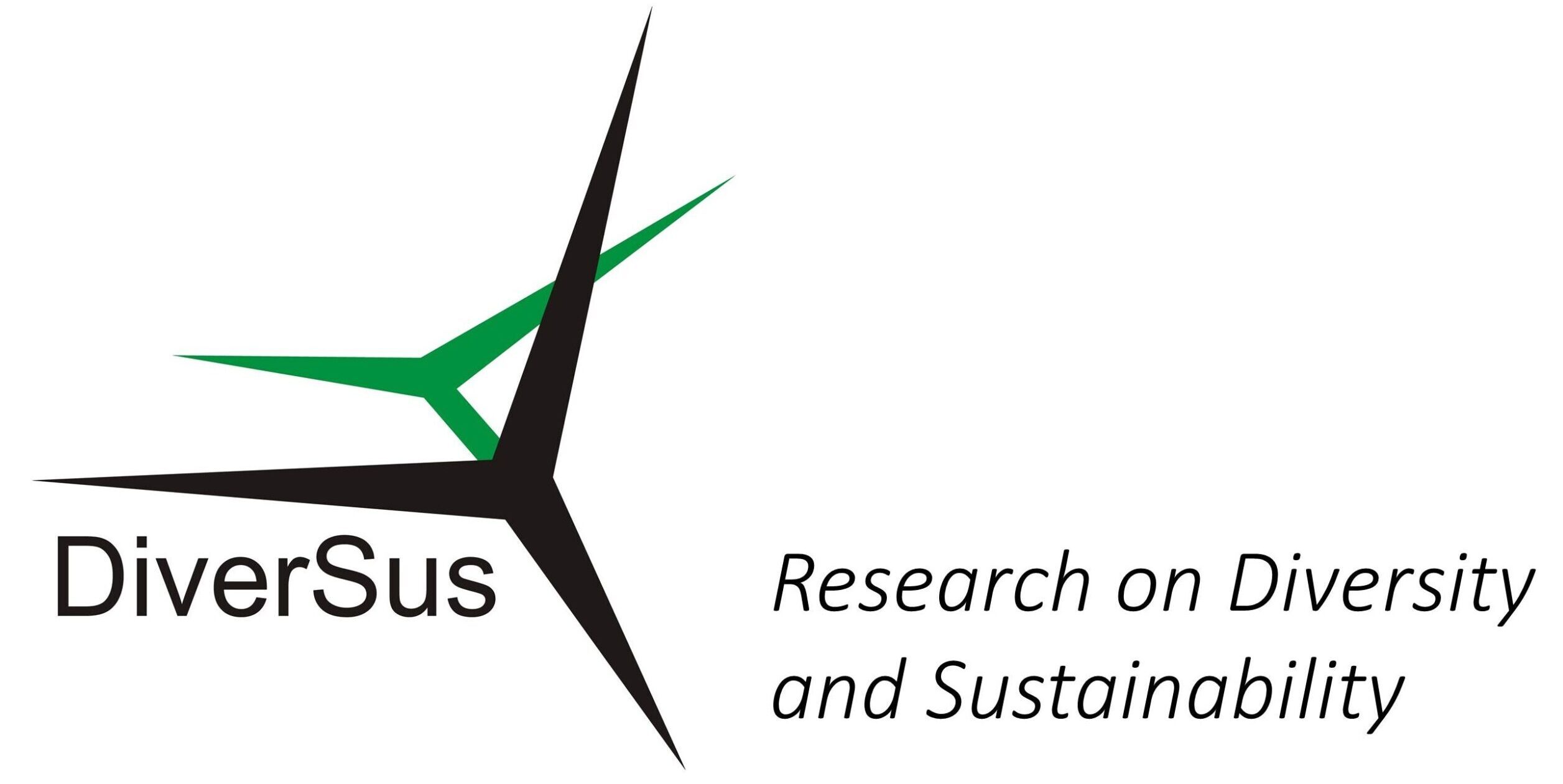Project period: 2019-2022
Main funding Institution: Inter American Institute for Global Change Research
Research team
Principal Investigator: Sandra Díaz
Co-Principal Investigators: Pedro H. S. Brancalion; Daniel M. Cáceres; Olga L. Hernández-Manrique; Matías Mastrangelo; Natalia Pérez Harguindeguy; Yann le Polain de Waroux; Carolina Vera.
Associated Investigators: Andrés Avella (CO), Mercedes Caron (AR), Ricardo César (BRA), Laury Cullen (BRA), Lucas Enrico (AR), Pedro Jaureguiberry (AR), Esteban Kowaljow (AR), Yoanna Kraus (CO), Santiago Martínez (CO), Natalia Norden (CO), Alejandra Osejo (CO), Mariana Schmidt (AR), Anna Sorenson (AR), Daniela Tamburini (AR)
Postgraduate Students and Postdocs: Sebastián Aguiar (AR) inter, Carolina Ángel (CO), Diego Cabrol (AR), Elio Campitelli (AR), Leandro Díaz (AR), Lucrecia Estigarribia (AR), Roy González (CO), Lucas Gorné (AR), María Lucrecia Lipoma (AR), Betania Naldini (AR), Saulo Souza (BRA), María Vallejos (AR)
Technical Personnel: Gustavo Bertone (AR), Valeria Falczuk (AR), María del Rosario Iglesias (AR), Andrea Moreno (BRA)
Invited Scientists: Berta Martín-López (Alemania), Sandra Lavorel (Francia), Unai Pascual (España), Paola Arias (Colombia), Tercio Ambrizzi (Brazil), Blane Harvey (Canada).
Project Summary:
We propose the construction of a shared platform to understand socio-ecological resilience and adaptive capacity in the face of rapid large-scale environmental change. This will include the co-production, between scientists and a wide range of other stakeholders, of a shared framework, a set of research questions and a detailed path for their implementation in empirical research, practice and policy. The specific context will be ecologically and socially heterogeneous seasonally-dry forests of South America, subjected to rapid change mainly due to global climatic, ecological and social drivers. To that end, we have assembled a network involving social, natural and interdisciplinary scientists from 8 academic institutions in 4 countries, and >15 governmental and non-state stakeholders. During the 2-yr Small Grant period, we propose to nurture the network by carrying out multi-stakeholder workshops in 4 different seasonally-dry forest locations of Argentina, Brazil, and Colombia. These workshops will contribute to the co-construction of a shared knowledge platform and the identification, through a process of co-design with multiple stakeholders, of key issues and questions relating to resilience and adaptive capacity to global change. These outcomes will be the pillars of a second, longer-term larger-budget project, involving a larger number of scientists, stakeholders and territories, and aimed at empirically testing the co-designed questions resulting from the Small Grant project. Added short-term outcomes will be scientific and multi-sectoral synthesis products on ecological and social resilience, and on the practice of transdisciplinary co-design.
